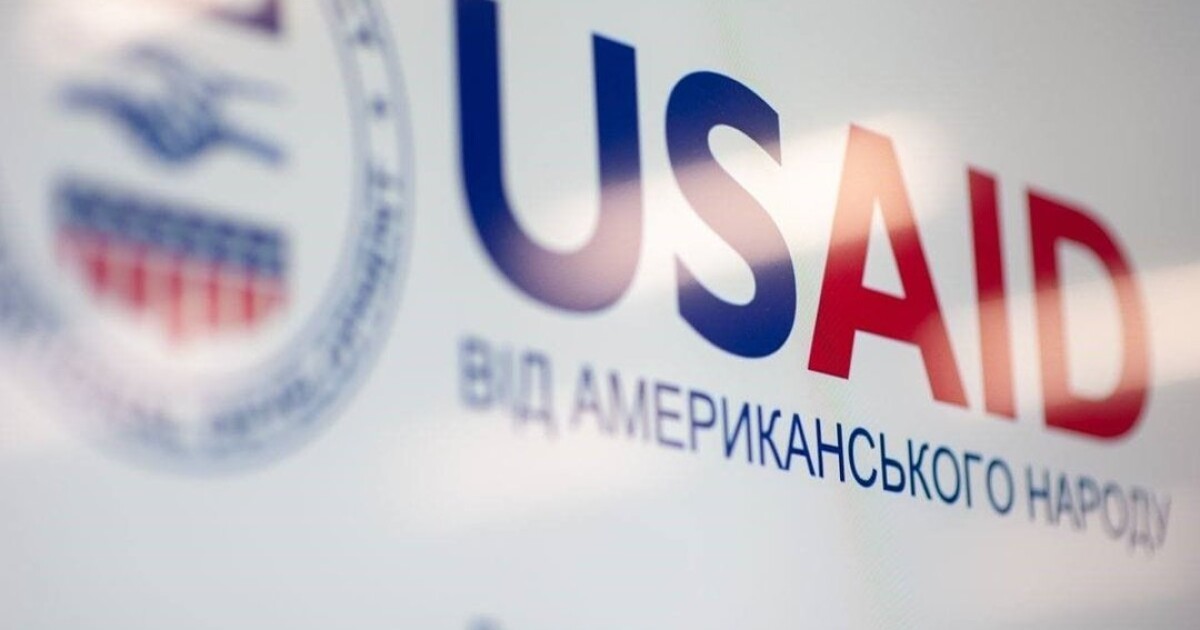Goodbye, USAID: how the US is optimizing international aid
10 March 14:07
The new U.S. administration is officially canceling 83% of the U.S. Agency for International Development (USAID) programs. This was announced on social network X by Secretary of State Marco Rubio, according to
According to him, this was done after a 6-week review of international assistance programs implemented by USAID.
“The 5,200 contracts that have now been canceled have spent tens of billions of dollars in a way that did not meet (and in some cases even harmed) the basic national interests of the United States,” Rubio said.
He also announced his intention to consult with Congress to ensure that the remaining 18% of programs (approximately 1,000 programs) that are being retained are now more effectively managed by the State Department.
The U.S. Secretary of State called the elimination of USAID and the reduction of international support programs a belated and historic reform.
On January 21, US President Donald Trump signed an executive order to temporarily suspend all US assistance programs to foreign countries for 90 days to review whether they meet his policy goals.
The Washington Post reported at the time that the programs affected ranged from the International Committee of the Red Cross, which rescues hostages from Gaza and typically receives a quarter of its annual global budget from the United States for all its activities, to organizations that provide hunger relief and medical care, as well as demining programs in conflict zones around the world.
What programs might be left without funding
Assumptions about where US aid will continue to go can be made based on the State Department’s decision at the end of January. Back then, it was decided to temporarily continue funding humanitarian programs that “save lives.”
In a memo obtained by The Washington Post, Marco Rubio defined such humanitarian assistance as “essential life-saving medicines, medical services, food, shelter, and nutrition assistance, as well as supplies and reasonable administrative costs necessary to provide such assistance.”
The same Washington Post report suggests that the US administration will not fund programs related to abortion, gender programs, assistance to transgender people, etc.
The United States is trying to counteract the attempts to curtail USAID activities
The Associated Press reported on a federal judge’s order to the Trump administration to temporarily lift the funding freeze that led to the suspension of U.S. aid around the world. Judge Amir Ali issued the order in a lawsuit filed by two organizations, the AIDS Rights Coalition and the Global Health Council.
In making this decision, the judge cited the enormous damage that the sudden cessation of funding has caused to nonprofit and other organizations that help provide US assistance abroad.
A group of House Democrats introduced legislation to prevent the Trump administration from eliminating the U.S. Agency for International Development. As reported by THE HILL, this document is called the “US National Security Protection Act”. It aims to prove that the USAID reform must comply with the law and “not harm American soft power.”
How Ukraine reacted to the termination of USAID program funding
At the end of January, President of Ukraine Volodymyr Zelenskyy announced that he had instructed government officials to report on those US support programs that had been suspended, as well as to determine which ones were critical and required urgent action.
As the head of state noted at the time, some of this funding could be provided by state finances, while others had to be discussed with Europeans and Americans. According to him, this applies to many areas, from communications and digitalization to support for veterans, schools, hospitals, and reconstruction.
By the way, the other day the Japan International Cooperation Agency (JICA) announced its intention to consider funding those energy and infrastructure programs in Ukraine that were previously managed by the U.S. Agency for International Development.
Hideki Matsunaga, head of JICA’s Ukrainian office, explained that the approaches of USAID and JICA are somewhat different, so it will be difficult to pick up certain programs implemented by USAID, particularly in the legal sector, and to directly fund civil society. But, according to him, the Japanese agency would like to see what gaps have emerged in the energy sector and try to fill them as much as possible.









